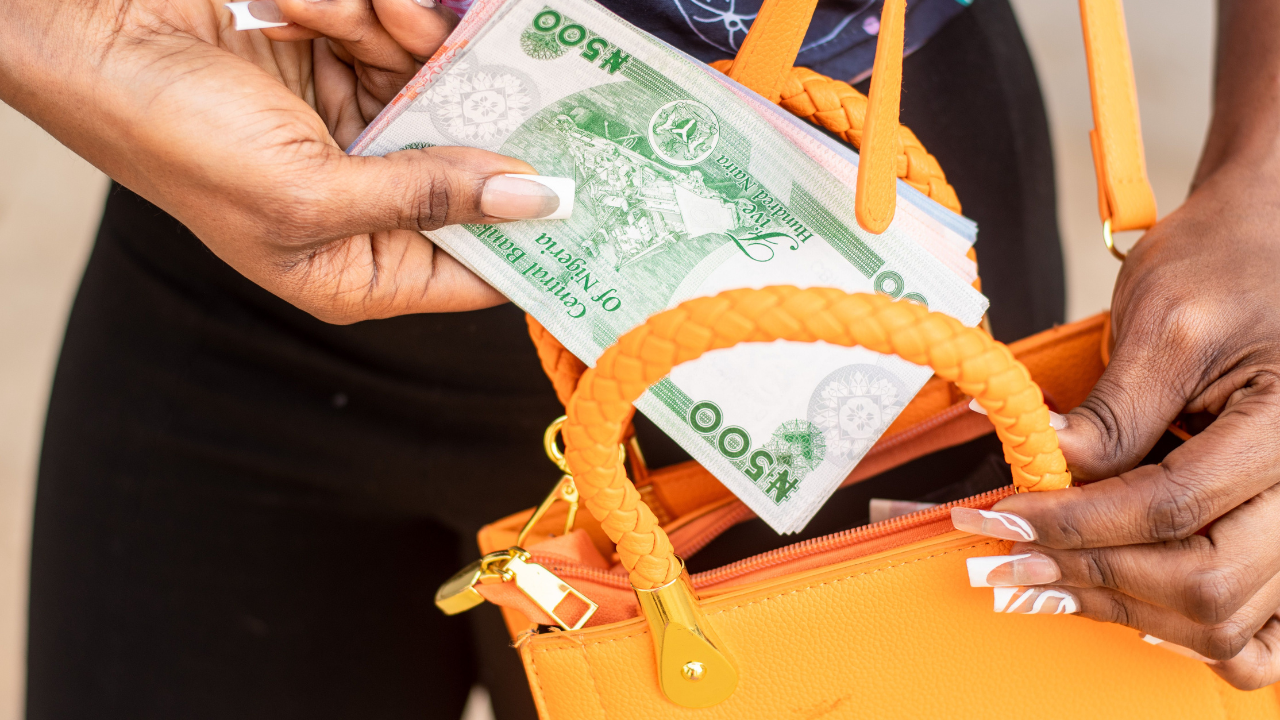Making Money or Making a Mess? The Double-Edged Sword of Social Media Monetisation
15 comments
I can remember a few years back when social media used to be a fun place where you could catch up with old friends, share updates about life, and even share random thoughts. Back then, most information on social media was intriguing to read and watch. Fast forward to present day, and it seems like a price tag is attached to almost everything from comments to likes shared and even people's opinions. Basically, what I'm insinuating is that social media vibes have shifted since people discovered they could make money off what they post on it.

Don't get me wrong, it's not like I'm against monetization of social media; in fact, I'm among one of those who went to quickly dust my dormant Facebook and Instagram page so I can benefit from the introduction of monetisation myself, cause it has been a safe avenue to earn and attain financial freedom, so in a nutshell, I think it's a beautiful thing when someone earns a living from being creative, from those who showcase life hacks, to those sharing their talents, family dynamics, and the likes, which literally move some people from absolutely nothing to building something meaningful that changes their status.
Platforms such as Hive, TikTok, Facebook, Instagram, YouTube, and the like have empowered so many voices, especially in a world where traditional job opportunities are limited and those available pay so little, making monetization of social media a lifesaver for many and not the worst thing to happen, as some might think.
However, on the other side, one thing I've noticed, which I even still briefly talked about in my post in the digital lifestyle community three days ago, was how things have become messy in the social media space due to this monetization of a thing; all of a sudden, most people don't care about the truth anymore; all they're concerned about is engagement, regardless of what made them get their engagement, which are lies of defamation of someone else's character.

On most of these apps lately, you'll mostly see them stir up drama or controversial takes, not because that's their belief, but because they knew contradicting what is right or seems right would arouse curiosity or interest of the people, which goes on to bring attention to their posts. All of these have made the line between genuine content and calculated manipulation get blurrier by the day.
It's just crazy the things people do for money nowadays on the internet, from losing our honesty to defaming others and behaving in an uncultured manner just because of the promise of payment. You'll see some ladies fooling themselves and ruining their family name on TikTok by displaying their private parts just so they get more views and are gifted things by streamers, making me wonder if people are at all concerned about what is right or only focused on what pays.

So if I were to take a stand on these, I guess I'll just be on the fence, because monetization isn't a villain but a blessing. The problem is how people choose to use it, and the way forward, in my opinion, is finding a way to scrutinize all content, so it only rewards creativity, honesty, authenticity, and morally upright content, instead of rewarding clout chasers, negatively and the like. I believe if that's done, monetization would go on to become the best thing that has happened on social media, because what they pay content creators is way more than what traditional jobs pay their employees; after all, everyone deserves the best, and people should be able to earn from their skills, but not at the cost of values.
All photos are taken and edited on canva.
Posted Using INLEO

Comments